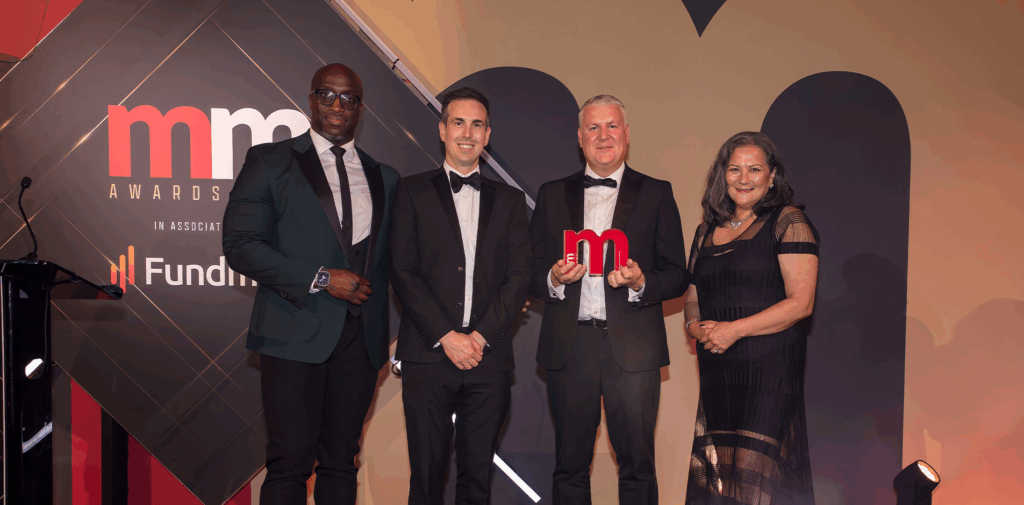How accommodating is your working environment when it comes to disabilities, chronic health conditions and neurodivergence?
New research suggests that there is room for improvement in many UK businesses, with staff experiencing microaggressions, harassment and bullying at work.
Disclosure and adjustments
Four in 10 people (40%) in the UK with disabilities, chronic health conditions or who are neurodivergent have experienced microaggressions, harassment or bullying at work in the past 12 months, according to a global survey conducted for Deloitte’s first Disability Inclusion at Work report.
The research included 10,000 people with disabilities, chronic health conditions or who are neurodivergent in 20 countries, including 500 in the UK.
Focusing on the UK findings, nearly a quarter (23%) of respondents said that people had made negative assumptions about their competence in the past year and a similar proportion (24%) reported that they had been passed over for a promotion.
Formal disclosure at work was high (84%) yet many respondents still chose not to share their disability, neurodivergence or chronic health condition with their team. Only 37% of respondents chose to disclose to less senior members of their team or with other colleagues outside their team.
Requesting adjustments in the workplace — such as alternative communication methods, assistive software and working from home when needed — is not yet the norm, Deloitte found. Just over a quarter of respondents who had disclosed their disability or condition to their employer have asked for workplace adjustments.
The most common reasons for this were a belief that adjustments weren’t necessary (35%), followed by fear of negative perceptions from supervisors (28%) and discouragement from past negative experiences (11%).
Over half (57%) of respondents had previously had at least one request denied, with employers most commonly citing cost (37%) or difficulties in implementation (35%).
Accessibility and inclusion
Jackie Henry, managing partner for people and purpose at Deloitte, said that although companies are more aware of the importance of disability inclusion, the survey shows that there is “much more to do”.
“Employers need to proactively address barriers and cultivate an environment where employees feel supported in requesting adjustments,” Henry explained.
“Accessibility and inclusion need to be embedded in all aspects of an organisation and its culture.”
Disability data
A separate survey suggests that UK employers are getting a better understanding of how many of their employees are affected by disabilities — the first step towards making improvements in the workplace.
Group Risk Development (GRiD), the industry body for the group risk sector, found that 71% of employers now collect information on the proportion of disabled people in their workforce, up from 50% in 2023.
“As it’s not mandatory for employees to report a disability to their employer, disability data is likely to under-report the numbers affected,” said Katharine Moxham, spokesperson for GRiD.
“However, if comprehensive support is put in place, it can be accessed by everyone whether they are able-bodied, have visible disabilities, or a non-apparent disability, whether they are newly disabled or have been living with a disability for a long time.”
Posted by Fidelius on December 9th 2024

















